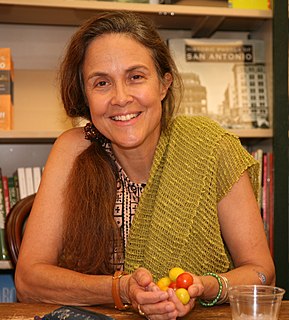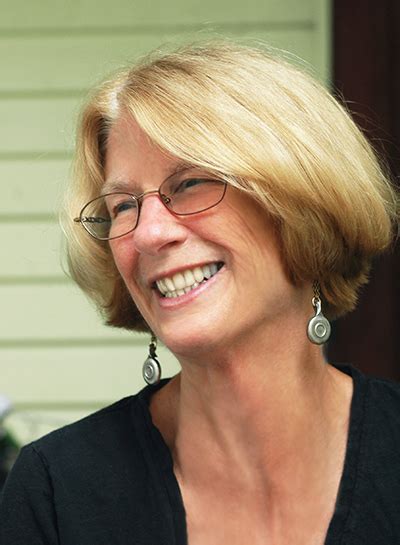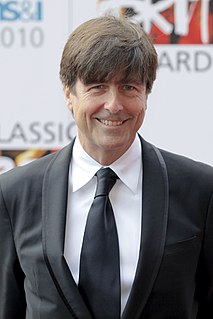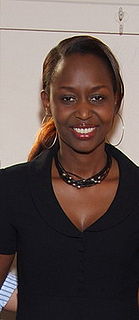A Quote by Naomi Shihab Nye
Anyone who says, “Here’s my address, write me a poem,” deserves something in reply. So I’ll tell you a secret instead: poems hide. In the bottoms of our shoes, they are sleeping. They are the shadows drifting across our ceilings the moment before we wake up. What we have to do is live in a way that lets us find them.
Related Quotes
There are things we never tell anyone. We want to but we can't. So we write them down. Or we paint them. Or we sing about them. It's our only option. To remember. To attempt to discover the truth. Sometimes we do it to stay alive. These things, they live inside of us. They are the secrets we stash in our pockets and the weapons we carry like guns across our backs. And in the end we have to decide for ourselves when these things are worth fighting for, and when it's time to throw in the towel.
My work to me is more like what the Native Americans say: When we walk upon the earth, we always place our feet very carefully upon the ground, because we know the faces of our future generations are looking up at us from below, and we never forget them. I think as a culture today we've forgotten them. This work is a way to help us remember them. It's a way for us not only to find meaning in our individual lives, but to extend that approach all across the planet. Because if we don't, we won't have a planet.
What poetry is asking us to accept can be difficult. Our proximity to our mortality, the fragility of our existence, how close we live in every moment to nameless abysses, and the way language itself is beautifully, tragically, thrillingly insufficient...these are some of the engines that drive the poem. It's natural to want to turn away from these things. But we have to face them, as best we can, at least sometimes. Poetry can help us in that nearly impossible work.
God pursues us into whatever dark place we've landed and behind whatever locked door holds us in. He holds our unwashed and dirty hands and models how He wants us to pursue each other And He says to ordinary people like me and you that instead of closing our eyes and bowing our heads, sometimes God wants us to keep our eyes open for people in need, do something about it, and bow our whole lives to Him instead.
I wrote a number of poems about Kah Tai lagoon, when Safeway was building that huge, ugly store down there where I used to love to watch the birds nest. That political poem, or environmental poem, was unsuccessful because Safeway built there anyway. And yet the poem has something to say today, as it did then. And I speak here only of my own poems. The agenda for every poet has to be different because most of us write from direct human experience in the world.
...I came to realize that God never shows us something we aren't ready to understand. Instead, He lets us see what we need to see, when we need to see it. He'll wait until our eyes and hearts are open to Him, and then when we're ready. He will plant our feet on the path that's best for us. . . but it's up to us to do the walking.







































